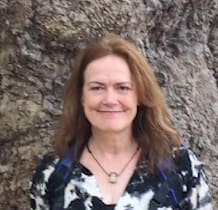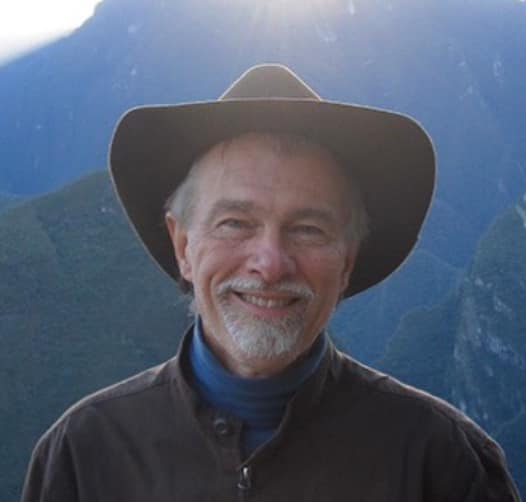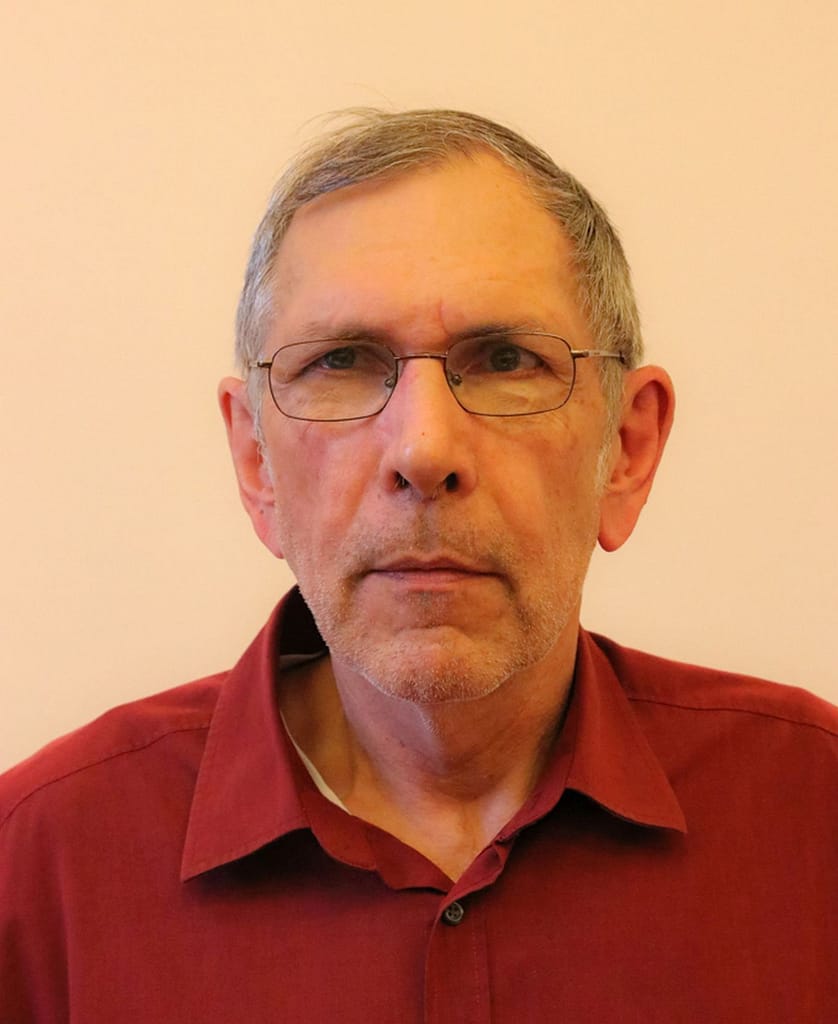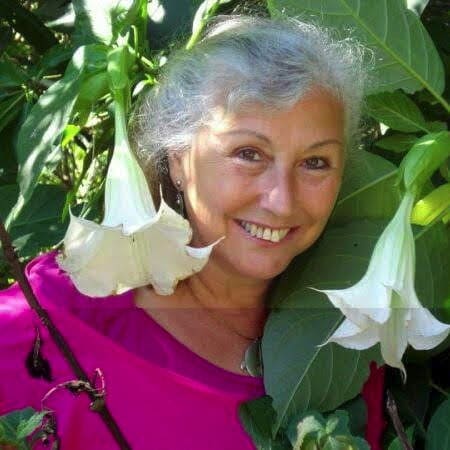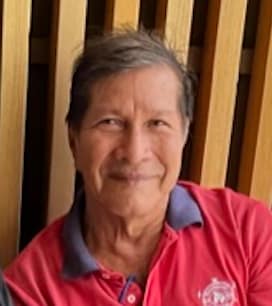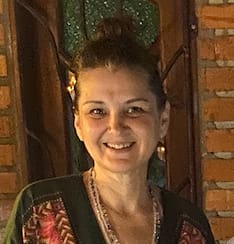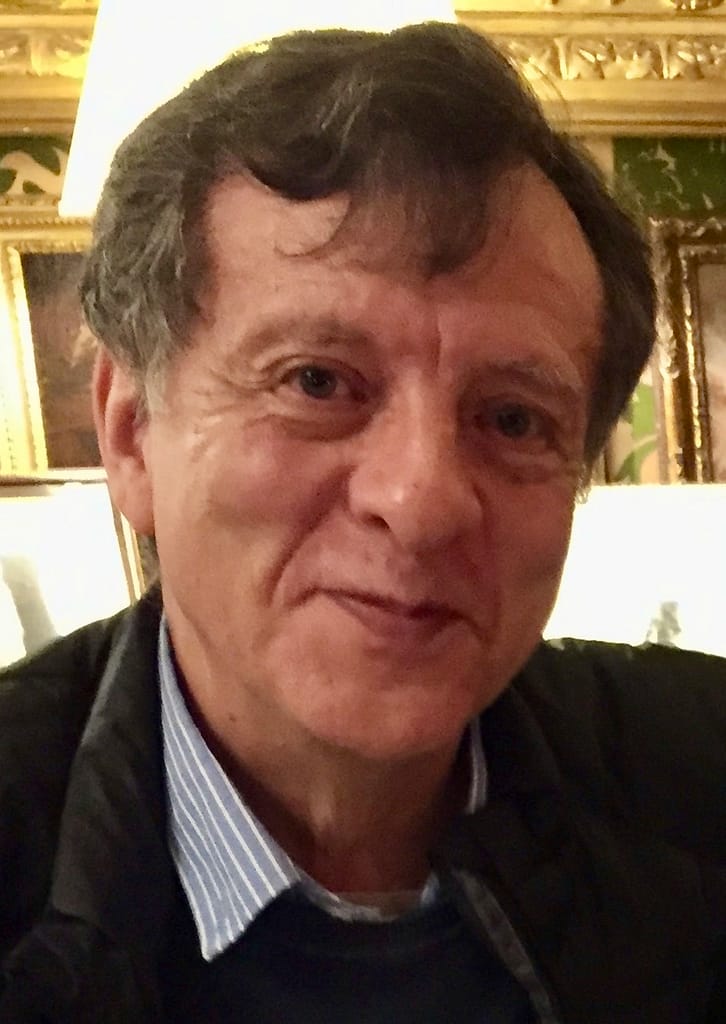May 14-27, 2024
Invited speakers
Christine Hauskeller, Philosopher
Michael Winkelman, Anthropologist
Ede Frecska, Psychiatrist and Psychopharmacologist
Sarima Rodríguez, Holotropic Breathwork Facilitator
Juan Ruiz, Botanist
Organizers
Adriana Rosa, Cultural Producer
Luis Eduardo Luna, Anthropologist
Christine Hauskeller
Biography
Christine Hauskeller is Professor of Philosophy at the University of Exeter, UK. She holds an M.A. in Philosophy, Sociology and Psychoanalysis and a Ph.D. in Philosophy. Christine has studied philosophy of science, especially medicine, ethics and applied ethics. Her research focusses on constellations of knowledge, values and power. She works on emerging psychedelic medicine, animism and concepts of nature, as well as decolonising approaches in psychedelic studies using methods and concepts from Critical Theory and feminism.
Christine co-founded the Transdisciplinary Research Group Psychedelic Studies and teaches Masters students in Philosophy and Psychedelics @ Exeter. Recent relevant publications include the book Philosophy and Psychedelics. Frameworks for Exceptional Experience and a Journal Issue on Critical Psychedelic Studies.
Lectures by Christine Hauskeller
Michael J. Winkelman
Biography
Michael J. Winkelman (PhD, University of California–Irvine 1985; MPH, University of Arizona 2002) has engaged in cross-cultural and interdisciplinary research on shamanism, psychedelics, and the alteration of consciousness for 40 years. His books on shamanism (Shamans, Priests and Witches [1992] and Shamanism: A Biopsychosocial Paradigm of Consciousness and Healing [2nd ed., 2010] use cross-cultural and evolutionary methods to examine these ancient spiritual and ritual healing capacities.
He is the co-editor of Advances in Psychedelic Medicine and a Frontiers in Psychology special issue on Psychedelic Sociality, and editor of a special issue of the Journal of Psychedelic Studies on Psychedelics in History and World Religions. Winkelman retired from the School of Human Evolution and Social Change of Arizona State University in 2009 and currently lives in central Brazil.
His website: https://michaelwinkelman.com/
Lectures by Michael J. Winkelman
Ede Frecska
Biography
Ede Frecska received his medical degree in 1977 from the Semmelweis University in Hungary. He then earned qualifications as certified psychologist from the Department of Psychology at Lorand Eotvos University in Budapest. Dr. Frecska completed his residency training in Psychiatry both in Hungary (1986), and in the United States (1992). He is a qualified psychopharmacologist (1987) of international merit with 17 years of clinical and research experience in the United States, where he reached the rank of Associate Professorship.
During his academic years, Dr. Frecska’s studies were devoted to research on schizophrenia and affective illness. In his recent research he is engaged in studies on psychointegrator drugs, especially on the physiological effects of DMT in acute and chronic cellular stress like hypoxia.
His theoretical work focuses on the interface between cognitive neuroscience and quantum brain dynamics. He is specifically interested in the mechanism of initiation ceremonies and healing rituals. He published more than 100 scientific papers and book chapters on these topics.
Dr. Frecska is a member of several professional organizations (APA, ECNP, CINP), and has received grants and awards from a variety of sources (NARSAD, NIAA).
Ede Frecska is a co-author with Rick Strassman, Slawek Wojtowicz and Luis Eduardo Luna of Inner Paths to Outer Space and has chapters in Ervin Laszlo’s books (The New Science and Spirituality Reader and A New Map of Reality). A recent study lead by him, published in the Journal of Psychopharmacology, proves that ayahuasca increases creativity and another one in Frontiers in Neuroscience that DMT has neuroprotective effect in hypoxia.
Lectures by Ede Frecska
Sarima Rodríguez
Biography
Sarima Rodríguez has a Master in Language and Communication, accredited in techniques of corporal expression, dance and theater. She was certified in Holotropic Breathwork by Grof Transpersonal Training USA, leading groups in Spain since 2002. She was trained in the SAT Program of Claudio Naranjo 2004-2007, and is Certified in the Hoffman Process. Sarima is a retired school teacher, living in Banholas, Catalunya.
Holotropic Breathwork is a method developed by Stan and Christina Grof. Its basic elements are deeper and accelerated breathing, evocative music, and facilitation of energy release through a specific form of bodywork. With the eyes closed and lying on a mat, each person uses their own breath and the music in the room to enter a non-ordinary state of consciousness. This state activates the natural inner healing process of the individual’s psyche, bringing him or her a particular set of internal experiences. With the inner healing intelligence guiding the process, the quality and content brought forth is unique to each person and for that particular time and place. While recurring themes are common, no two sessions are ever-alike.
Juan Ruiz
Biography
Juan Ruiz, today 71 years old, was since 1988 until recently the Curator of Herbarium Amazonense of UNAM (Universidad Nacional de la Amazonía Peruana) in Iquitos. He is a notable Peruvian botanist/taxonomist who worked closely for several years with the late Alwyn Gentry. Dr. Gentry was who according to Dr. Peter Raven, the Director of the Missouri Botanical Garden, “undoubtedly the most knowledgeable person in the world about the flora of Latin America.”
Juan Ruiz, born in the Peruvian Amazon, inherited from Dr. Gentry and from his own ancestry, a passion for the flora of his region, and its use by the indigenous and riverain population of the Amazon. He is probably the best living taxonomist of the Peruvian Amazon.
Lectures by Juan Ruiz
Adriana Rosa
Biography
Adriana Rosa is a cultural producer, an actress, and a theater and art educator. She has a Master in Cultural Management from Universidad Complutense de Madrid. Besides her work as an organizer of cultural events in the city of Florianópolis, she is the producer of the Wasiwaska seminars since its creation. Adriana is in charge of providing healthy and nutritious food for seminars, adapted, when necessary, to the needs of our participants. She is with Dale Millard in charge of Wasiwaska’s ethnobotanical garden.
Luis Eduardo Luna
Biography
Luis Eduardo Luna was born in Florencia, in the Colombian Amazon region (1947). He studied Philosophy and Literature at the Universidad Complutense de Madrid, earned an interdisciplinary Masters degree while teaching Spanish and Latin American Literature at the Department of Romance Languages of Oslo University. He is a former Senior Lecturer at the Swedish School of Economics, Helsinki, Finland, from where he retired in 2011, and a former Professor of Anthropology at the Federal University of Santa Catarina, Brazil (1994-1998).
He received a Ph.D. from the Institute of Comparative Religion at Stockholm University (1989), and an honorary doctorate from St. Lawrence University, Canton, New York (2000). He is currently an Honorary Research Fellow of the Department of Philosophy, Anthropology and Sociology of Exeter University, England.
Luna is a Guggenheim Fellow and Fellow of the Linnaean Society of London. He is the author of Vegetalismo: Shamanism Among the Mestizo Population of the Peruvian Amazon (1986), and with Pablo Amaringo of Ayahuasca Visions: The Religious Iconography of a Peruvian Shaman (1991). He is co-editor with Steven F. White of Ayahuasca Reader: Encounters with the Amazon’s Sacred Vine (2000, with a revised new edition in 2016), and co-author with Rick Strassman, Slawek Wojtowicz and Ede Frecska of Inner Paths to Outer Space: Journeys Through Psychedelics and Other Spiritual Technologies.
In 1986 he co-founded with Pablo Amaringo the Usko-Ayar Amazonian School of Painting of Pucallpa, Peru, serving as its Director of International Exhibitions until 1994. He has lectured about Amazonian shamanism and modified states of consciousness worldwide, and has curated exhibitions of visionary art in several countries. Luis Eduardo Luna is the Director of Wasiwaska.

